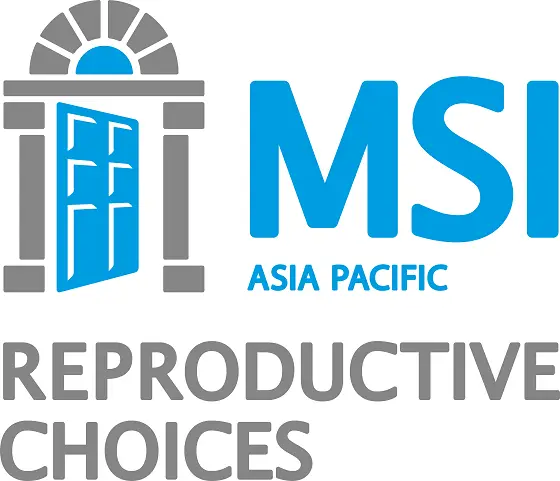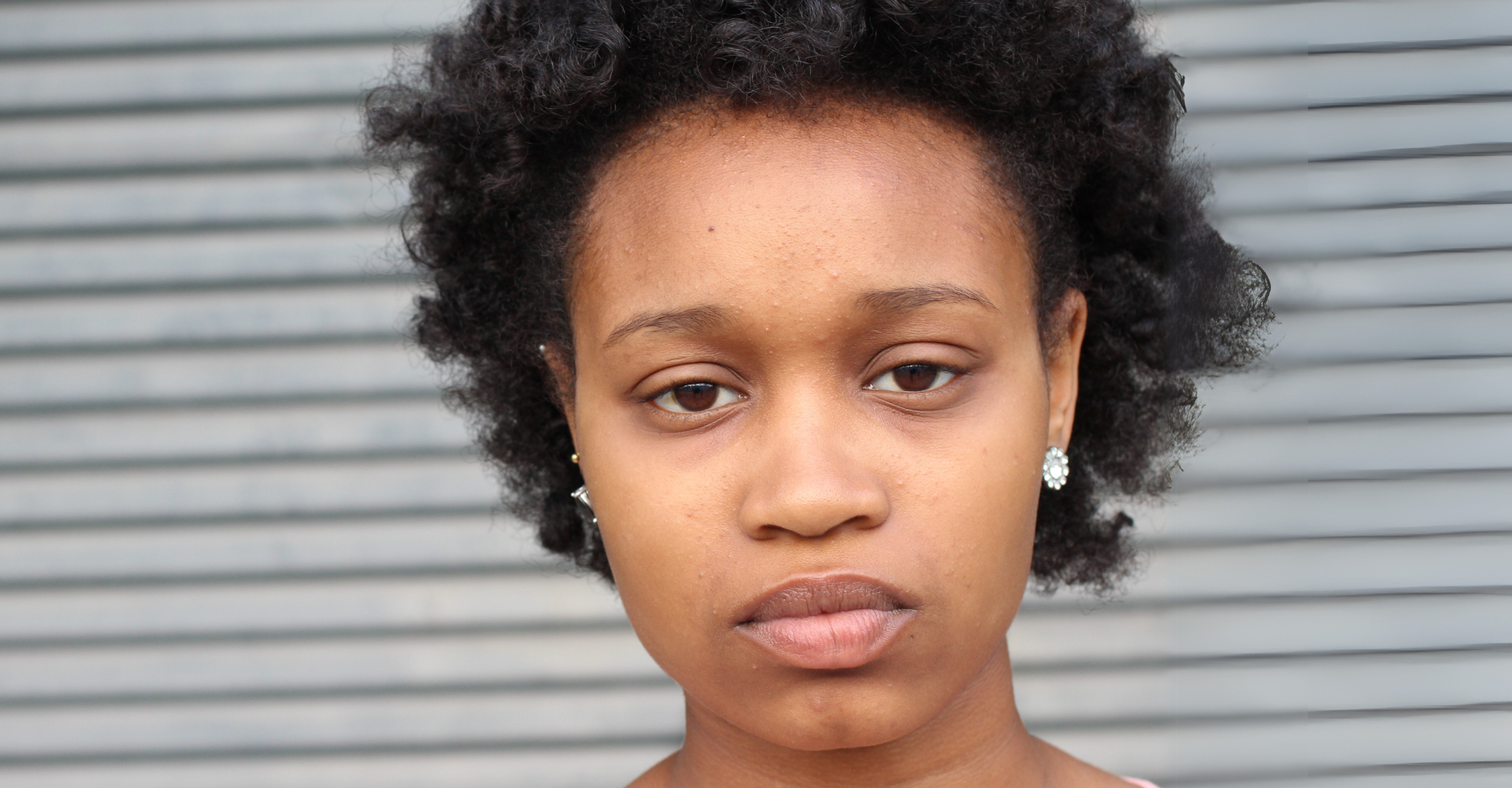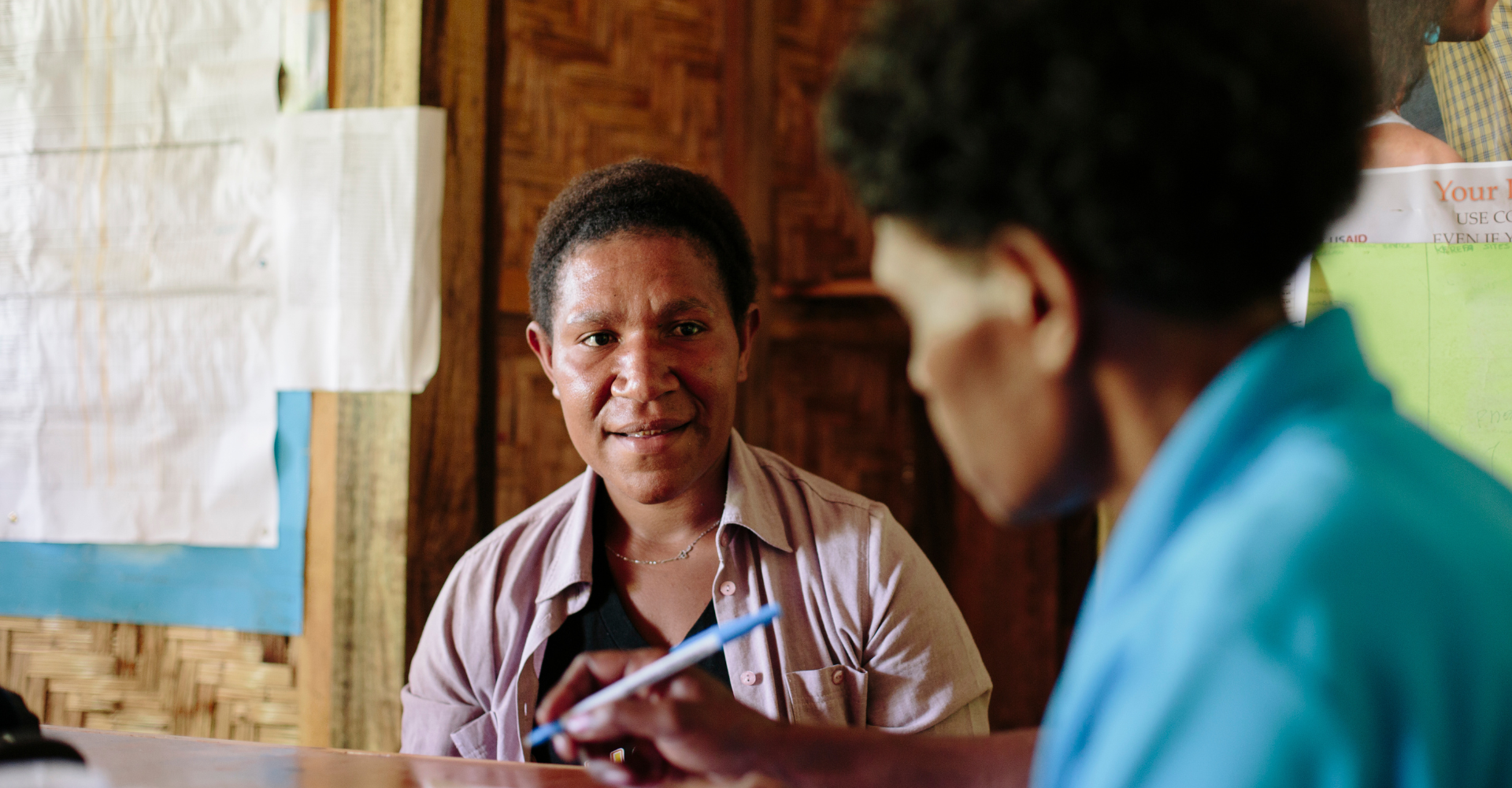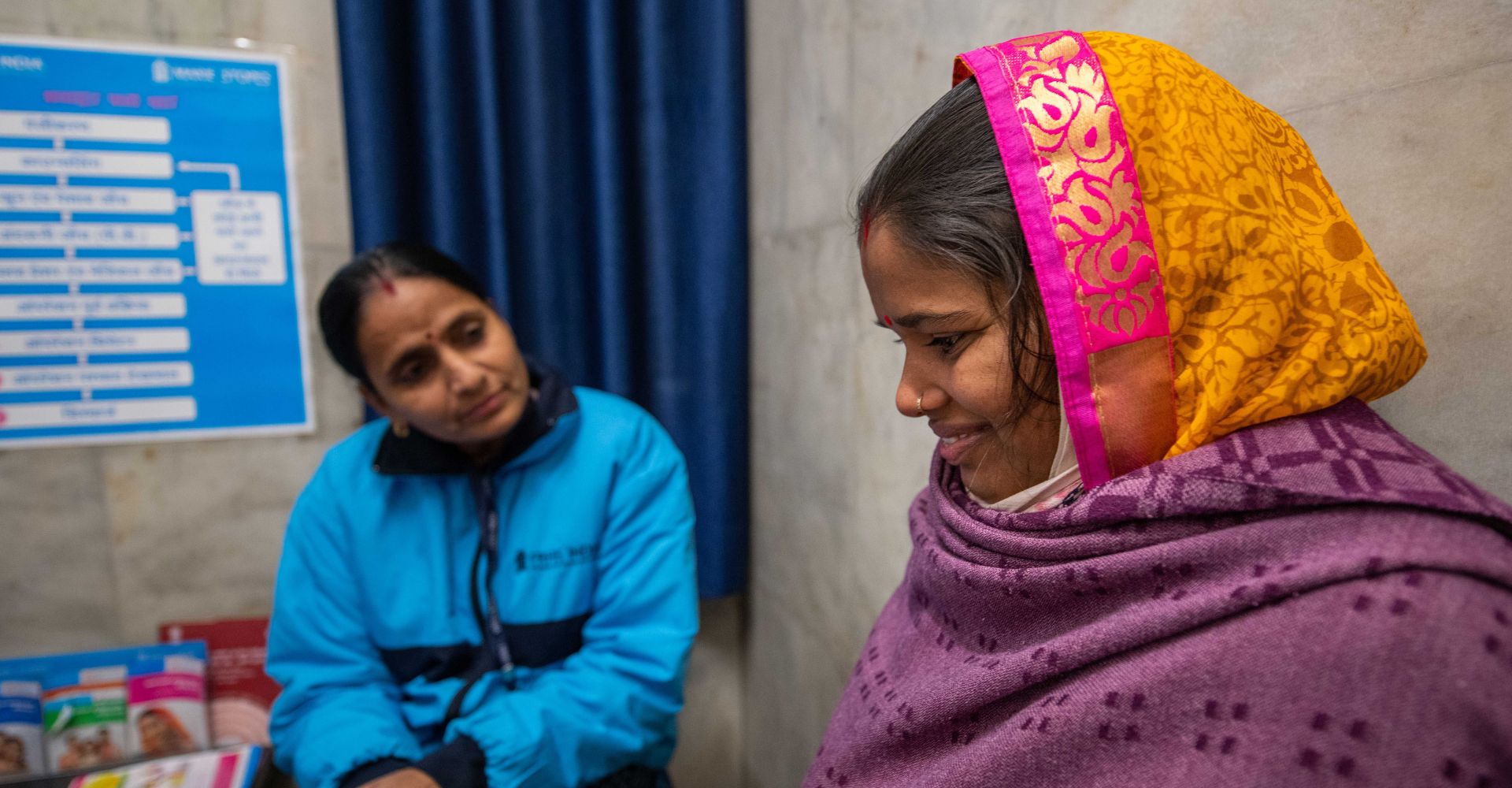Following International Day of People with Disabilities (IDPWD) on December 3rd, MSI Asia Pacific celebrates the Australian Government’s launch of the International Disability Equity and Rights Strategy (IDEARS). This significant milestone aligns with this year’s IDPWD theme:
“Amplifying the leadership of persons with disabilities for an inclusive and sustainable future.”
IDEARS underscores Australia’s dedication to equity by prioritising leadership, systemic change and meaningful inclusion for people with disabilities globally.
Recognising the advocacy of ADDC
The Australian Disability and Development Consortium (ADDC) played a pivotal role in championing the creation of this strategy.
Collaborating with other organisations, ADDC ensured the voices and lived experiences of people with disabilities were at the forefront of policy development.
“Australia is setting the stage for real, lasting change that will enable people with disabilities not just to be in the room but to lead the conversation.”
- Kerryn Clarke, ADDC Executive Officer
Their efforts are a testament to the principle of “nothing about us, without us,” which remains central to the disability rights movement. ADDC’s Executive Officer, Kerryn Clarke, summed it up:
“Australia is setting the stage for real, lasting change that will enable people with disabilities not just to be in the room but to lead the conversation.”
The collaborative effort, enriched by consultations with diverse organisations, has shaped a robust and actionable framework.
You can read ADDC’s media release here.
IDEARS: A win for inclusive development in the Asia and Pacific regions
IDEARS marks a vital shift in development priorities—from inclusion to equity. Setting performance targets for disability equity within Australia’s Overseas Development Assistance is a groundbreaking move.
By committing to 60% effective performance on disability equity by 2026, increasing to 70% by 2030, the strategy sets ambitious benchmarks that enable accountability and drive measurable change.
With more than 700 million people with disabilities in the Asia and Pacific regions, this strategy has particular significance. It addresses barriers to education, healthcare, and livelihoods while recognising that many of these barriers are compounded by intersecting factors such as gender, poverty, and geographic isolation.
The additional $12 million pledged for assistive technology is another highlight. These funds will enhance accessibility for individuals with disabilities, including those working as SRH providers.
IDEARS is also poised to amplify regional dialogue on disability inclusion, ensuring stronger representation of people with disabilities at global forums such as the United Nations.
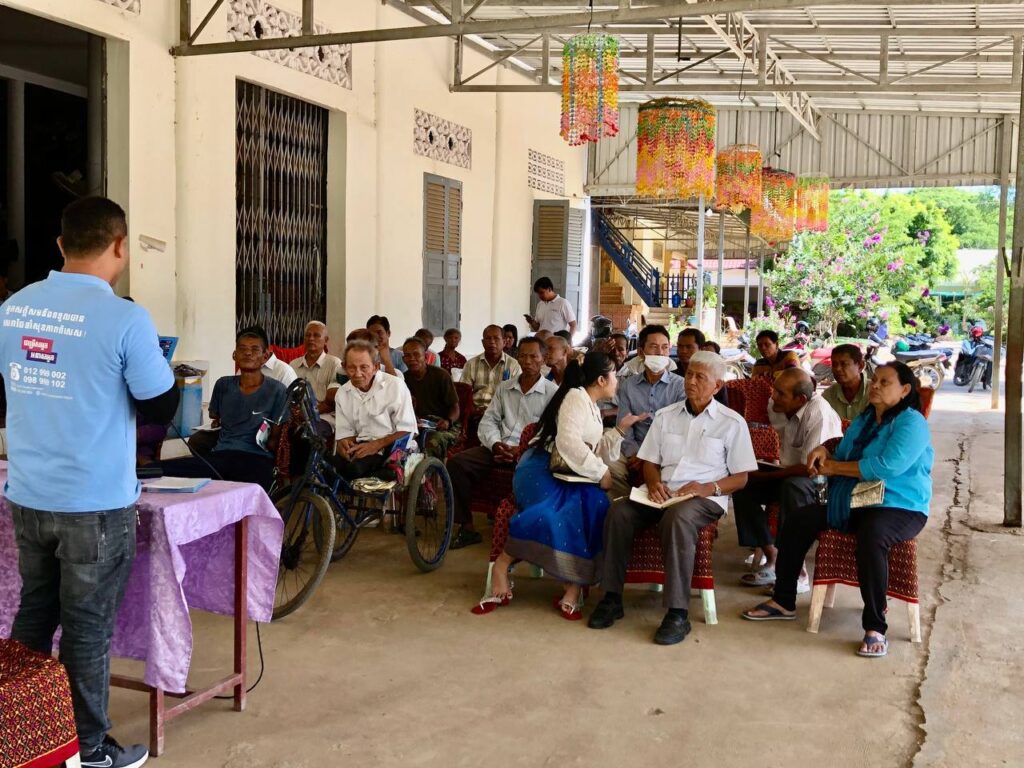
MSI Asia Pacific partners with Organisations of People With Disabilities across the Asia and Pacific regions to make sexual and reproductive healthcare more accessible to people with disabilities.
IDEARS and MSI’s work
MSI is proud to support IDEARS’ transformative goals. MSI prioritises partnerships with Organisations of People with Disabilities (OPDs) across the Asia and Pacific regions. These collaborations have enabled women and girls with disabilities across the region to access essential sexual and reproductive healthcare.
For example, in Cambodia, partnerships with the Cambodian Disabled People’s Organisation have provided transport support and fee waivers for women with disabilities accessing MSI services. In Vietnam, MSI offers mobile SRH services to people with disabilities in rural areas, removing geographic and financial barriers.
These and other MSI initiatives mirror IDEARS’ commitment to tackling exclusion and dismantling barriers.
Building a sustainable, inclusive future
The launch of IDEARS days before IDPWD sends a clear message: sustainable development is only achievable when no one is left behind. As climate change and geopolitical challenges deepen inequalities, the strategy highlights the importance of leadership and participation by people with disabilities in designing solutions for an inclusive future.
MSI stands in support of these goals. By embracing IDEARS’ principles, we will deepen our partnerships, expand disability-inclusive programming, and ensure our work aligns with the IDEARS equity performance targets.
This is more than a strategy; it is a call to action. Together, let’s amplify the leadership of people with disabilities to shape a future that is truly inclusive and sustainable.
